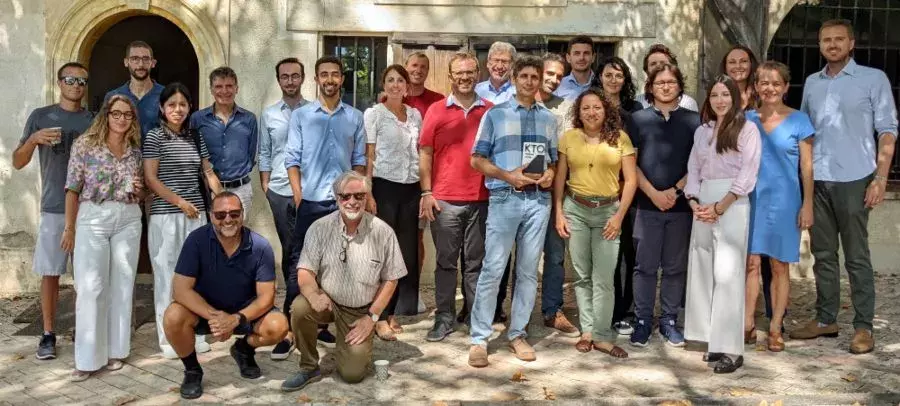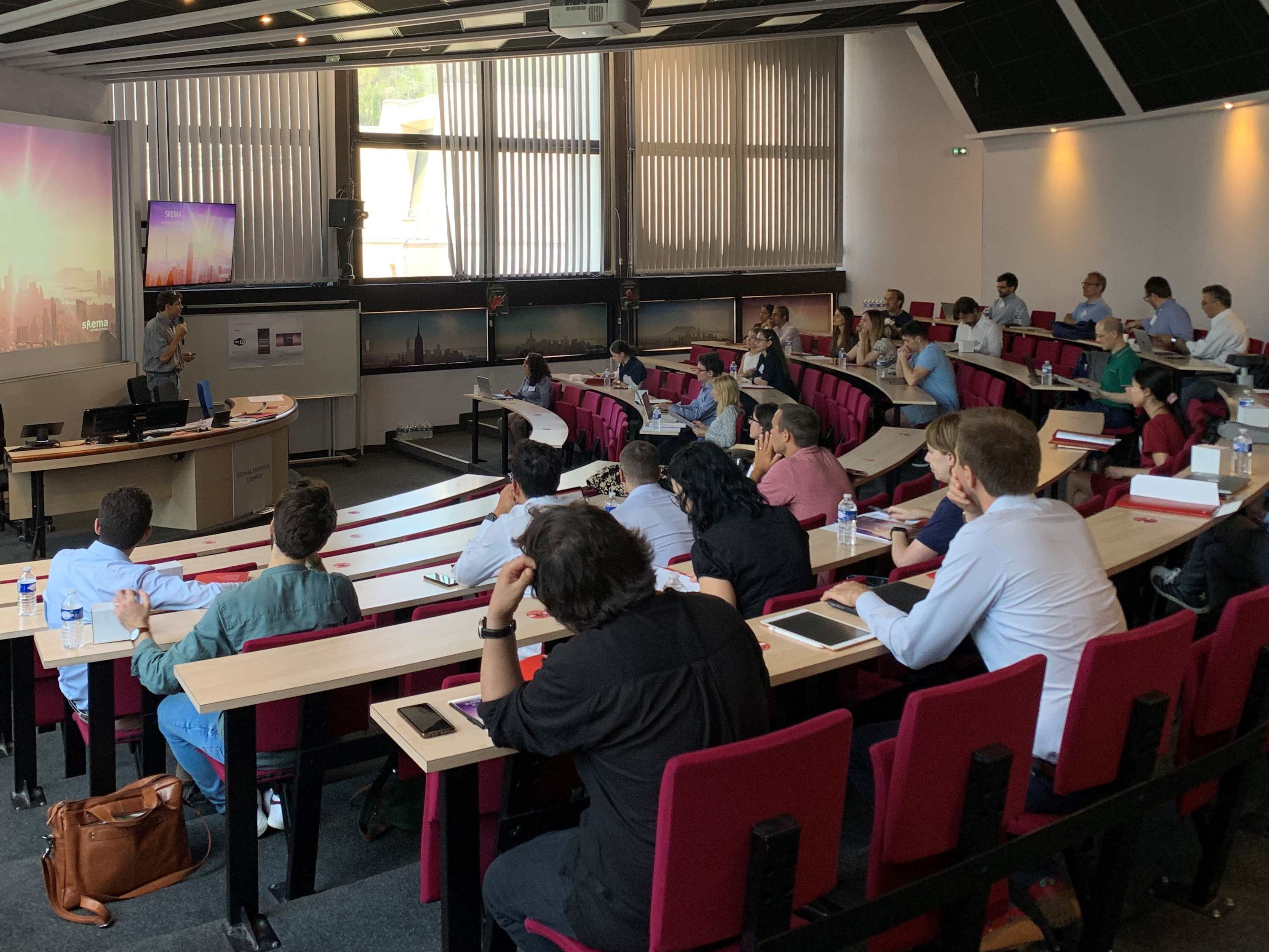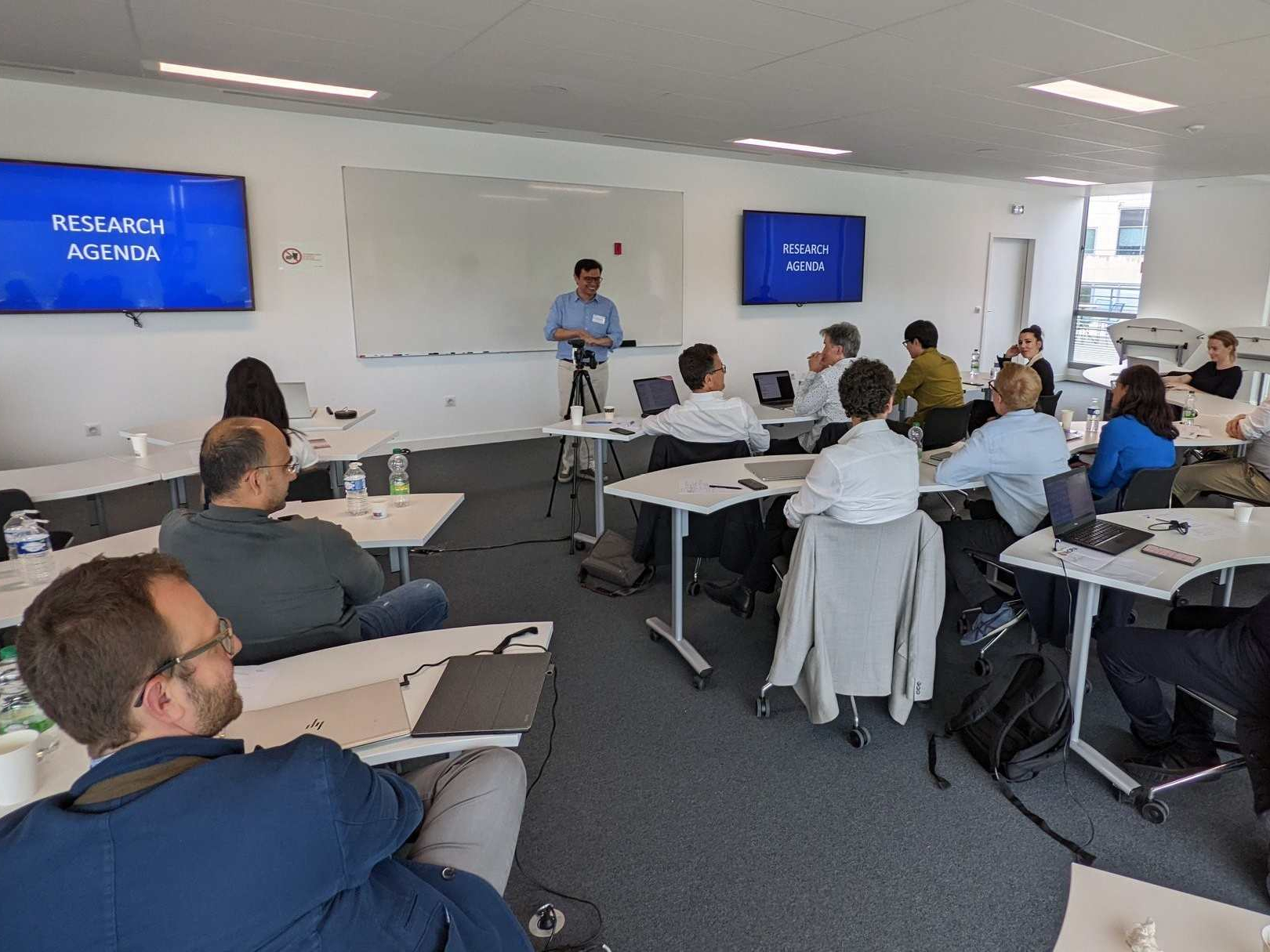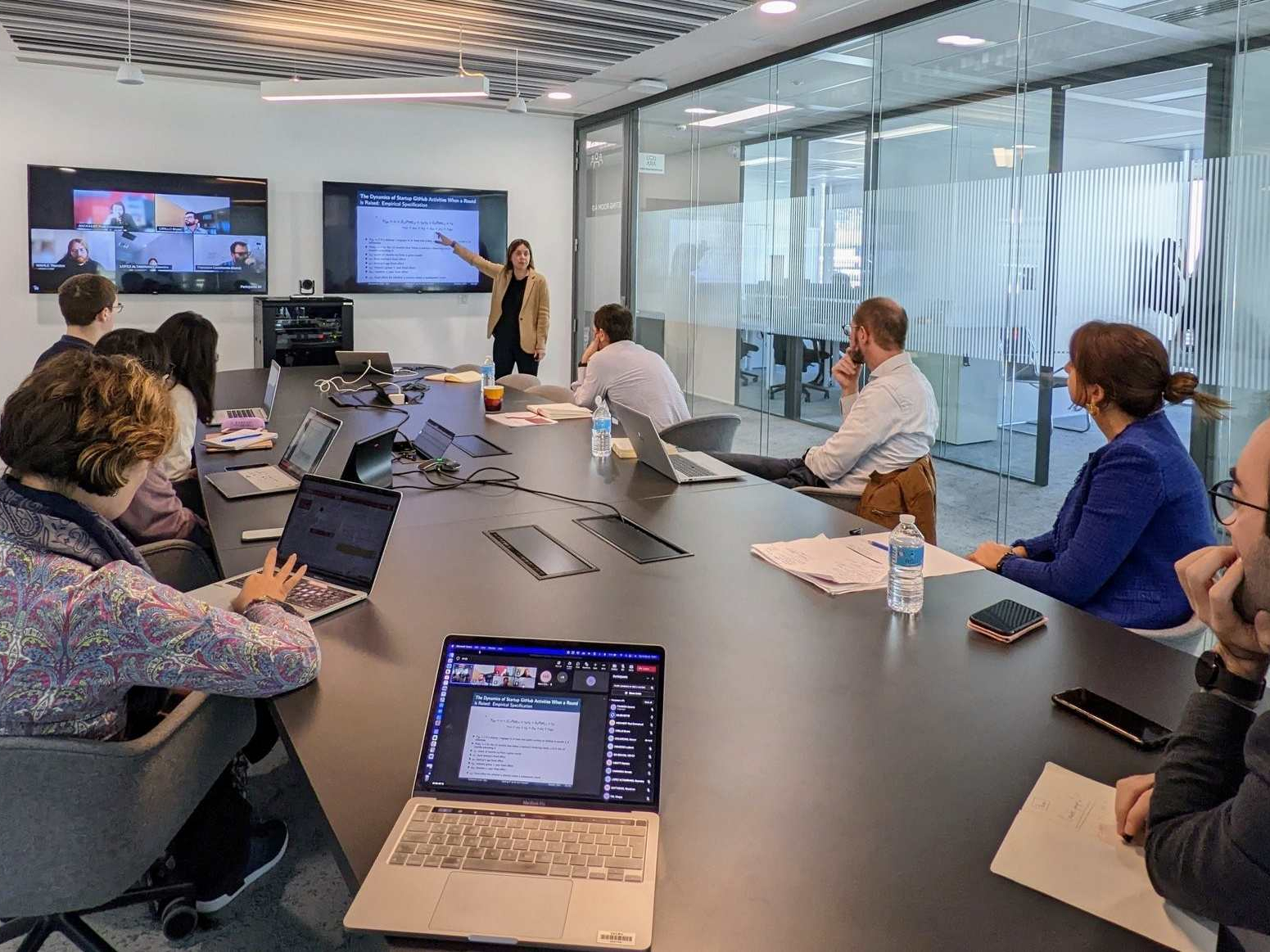Mobility
This project seeks to explore new theoretical and empirical directions within the studies of employee mobility, entrepreneurship and recruitment. This project contributes to literatures surrounding strategic management of human capital entrepreneurship by investigating the antecedents and consequences of individual intra-firm, inter-firm and entrepreneurship experiences in terms of firm and individual productivity, wage trajectories, job satisfaction, and employee career development. In addition, this project aims to offer recommendations regarding policy and management that can help policy makers, entrepreneurs, employers and prospective recruiters to develop high-quality entrepreneurship and impactful careers. The team develops these projects in collaboration with leading institutions, such as Georgia Tech, London Business School, and Drexel University.
Social evaluations in Strategy, Technology, and Organizations
This project aims to explore the antecedents and consequences of social evaluations in the context of digital transformation. Within this project, researchers aim to make several contributions to, for example, one of the following: the social evaluation of entrepreneurship (entrepreneurial failure in particular); status gatekeeping and the reactions of organisations to status threats; online evaluations under conditions of anonymity. The team develops these projects in collaboration with leading institutions, such as Boston University, HEC Paris, Tillburg University, and Ludwig Maximilian University of Munich (LMU).
Relational dynamics in modern workplaces
This project aims to investigate social mechanisms within organisations, examples of which include performance, innovation, and organizational resilience, and the way in which they shape outcomes at different levels of analysis which include individual, team, network, and organization stages. Furthermore, this project builds upon multiple disciplines and methods: qualitative methods (e.g., discourse analysis based on interviews), quantitative methods (e.g., social network analysis, tERGM), and simulations (e.g., agent-based simulations). The team develops these projects in collaboration with leading institutions, such as INSEAD, Erasmus School of Management, IESE, and University of Lugano.
Economics of digitalization
The project investigates economic effects of digital technologies within multiple settings. These effects are apparent among a variety of individuals: among firms (having opportunities to move to new technologies), among consumers (having opportunities to shop online), among scientists (having online access to scientific papers), among the general public (having access to electronic social networks). This project spans these four settings. The originality in such a widely distributed project lies in the application of cutting edge methodology, most notably the data with high granularity, but also large scale online field experiments where appropriate. the project outcomes reverse much of the previously accepted conventional wisdom, the majority of which relied on more limited data. The team develops these projects in collaboration with leading institutions, such as Osaka University and Dartmouth College.




